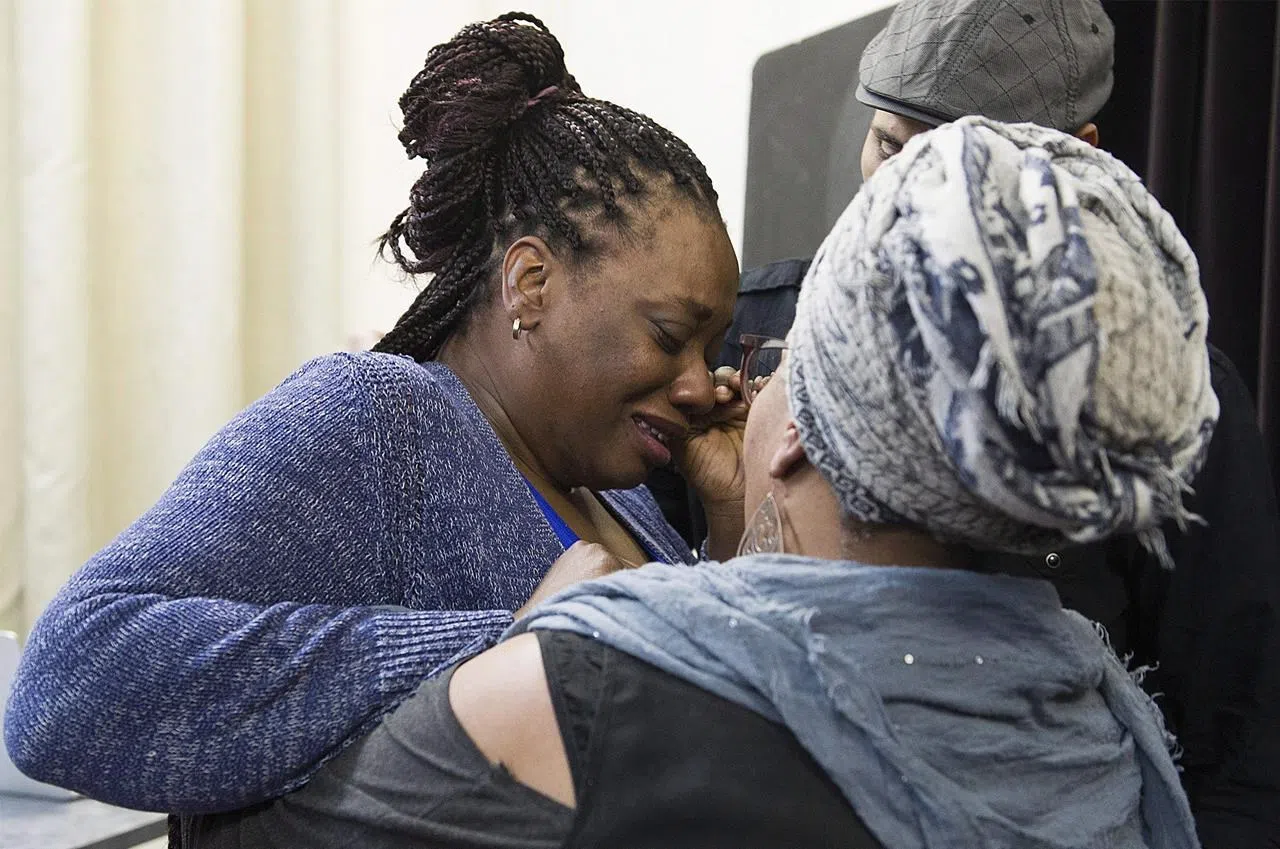
Montreal police won’t face charges in fatal 2017 shooting of black man: Crown
MONTREAL — The police officers who fatally shot a black man during a 2017 intervention at an east-end Montreal apartment won’t face charges, Quebec’s Crown prosecutors’ office announced Friday.
The office concluded that the force used by the officers was justifiable given the circumstances.
Pierre Coriolan, 58, was distressed and was holding a knife and a screwdriver when six police officers were called to his apartment in June 2017.
According to a news release from the Crown, police ordered Coriolan to drop the weapons and then tried to use a taser and rubber bullets as he moved toward them. When those were unsuccessful, two officers fired their service weapons.


